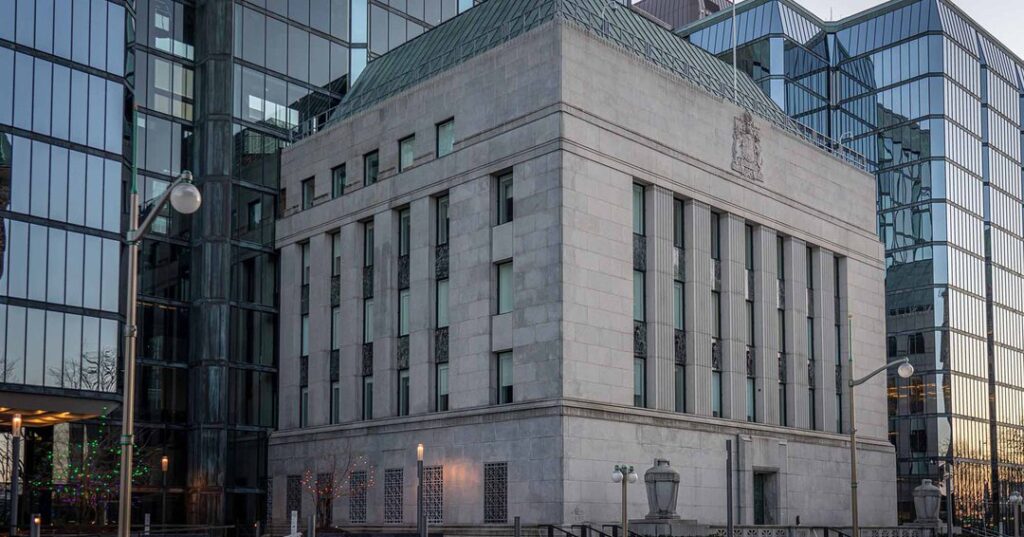Reuters survey predicts rising Canadian housing prices due to high demand
Reuters survey predicts rising Canadian housing prices due to high demand According to a Reuters survey of real estate experts, Canadian house prices are expected to decline by approximately 9 percent this year before rising again in 2024 and beyond as purchasers wager interest rates have already peaked and demand for housing remains high. After skyrocketing by over 50% from the onset of the COVID epidemic in early 2020, Canadian house prices have declined by roughly 15% since March due to the Bank of Canada’s quick rate hike from near-zero early last year to 4.25% in January. Home prices in Canada have been on the increase again this year, increasing by 17% according to one metric, since the Canadian central bank decided for a conditional freeze on rate hikes in January. In a survey conducted between May 15 and June 5 by Reuters, 11 industry experts anticipated that house values would drop by around 9% in 2023, which is less severe than the 12% drop predicted in a poll conducted three months ago and the 12% loss in April from a year earlier reported by the Canadian Real Estate Association. The median forecast from the most recent survey predicted that property prices will grow by 2% in 2024 and by 4% in 2025. After a year-long recession, Canada’s housing market is on the upswing in the spring of 2023. As RBC’s associate chief economist Robert Hogue said, “Demand-supply conditions suddenly appear tight.” “Sellers are once again in control in most major markets as rising demand and falling supply have driven prices up and supply down. Now that the Bank of Canada has halted its aggressive rate raise campaign, buyers’ confidence is fast returning to both markets. Despite widespread predictions that the Bank of Canada would leave rates unchanged all year, another Reuters poll found that if economic growth remains robust and inflation remains high, the BoC may be forced to raise rates again. There may be no relief for rising costs if immigration rates continue to rise with demand. Experts who were asked a follow-up question predicted a small increase in delinquency rates among highly indebted families in 2018. Despite efforts, “Canada’s housing affordability problem is not easing,” said Douglas Porter, chief economist at BMO Capital Markets. While many may advocate for a supply-side solution, we’ve always held that it’s naive to imagine that a sector operating at full capacity can suddenly quadruple production, resulting in a glut of new units that drives down prices and rents. Related posts 27 June 2023 Reuters survey predicts rising Canadian housing prices due to high demand 21 June 2023 Canadian Real Estate Correction Continues, Sales Rise Temporarily: Oxford Econ. Recent Immigrants Cannot Support High Home Prices in Canada After a temporary lull, the real estate market… 24 May 2023 Recent Immigrants Cannot Support High Home Prices in Canada Recent Immigrants Cannot Support High Home Prices in Canada Canada’s population growth is contributing… 16 May 2023 Toronto’s Best Investment Areas for Families Toronto’s Best Investment Areas for Families Don’t be fooled by The Six’s huge towers, high-rises,… 11 May 2023 Sales and prices in Toronto’s real estate market are soaring Sales and prices in Toronto’s real estate market are soaring After last year’s record meltdown,… 11 May 2023 Rise in Toronto’s Home Building Costs Rise in Toronoto’s Home Building Price Even if inflation in Canada has slowed, the price of constructing… 05 May 2023 Toronto and Vancouver Home Prices Rise Like Mortgage Credit Toronto and Vancouver Home Prices Rise Like Mortgage Credit Home prices increased dramatically last month…
Reuters survey predicts rising Canadian housing prices due to high demand Read More »













